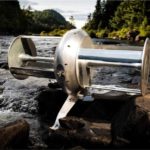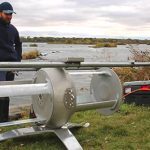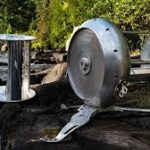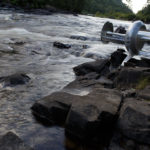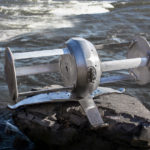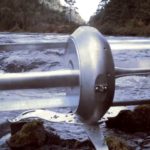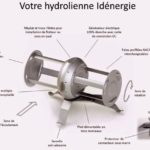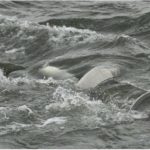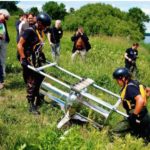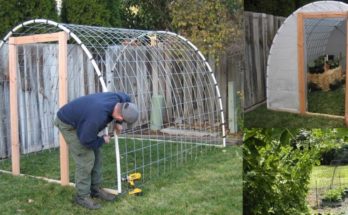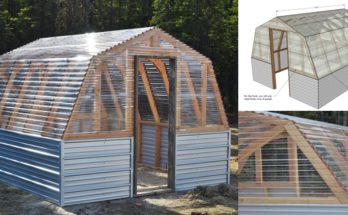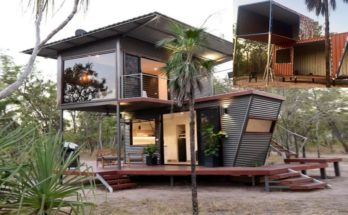This small river turbine can power a lot of your house needs. It’s called the Idénergie river turbine.
According to the U.S. Energy Information Administration, in 2015, the average annual electricity consumption for a U.S. residential utility customer was 10,812 kilowatthours (kWh), an average of 901 kWh per month. Louisiana had the highest annual electricity consumption at 15,435 kWh per residential customer, and Hawaii had the lowest at 6,166 kWh per residential customer.
That means that with one of these little water turbines (or something similar), a house could meet a large percentage of its daily energy needs … rain or shine.
“We estimate that 1.4 billion individuals across the world are without electricity, most living in rural and distant areas inaccessible to the national or regional electricity grid. The most common energy solution available is the use of gas generators which are polluting and can be expensive to maintain in the long term. As an alternative, the use of green technologies is rapidly growing.
“Renewable energy solutions are gaining popularity especially in the residential market. Billions of dollars are invested every year on solar and wind systems. However these renewable energy products do not represent optimal solutions for meeting individual needs due to intermittent production of energy resulting in weather variations. In consequence, these systems are only used to 12% to 35% of their capacity implicating an over sizing of installations and storage systems to accumulate the energy when produced. However one regular and predictable energy source is unexploited: the river.”
“Our turbine can be dismantled in separate pieces in order to facilitate shipping to the the most remote locations and is ready to assemble on site. This allows for a simple and fast installation which requires only 2 individuals in less than a 24 hour period. The turbine is attached to a stable pillar from the front with a steel cable and is deposited on the river bed, self positioning in the fluid like a kite. Electrical DC connections are simplified by the presence of our embedded electrical converter. All that’s left to do is connect the output cable to your batteries, without any additional electric equipment.”
For more about Indergie’s project, visit their website.
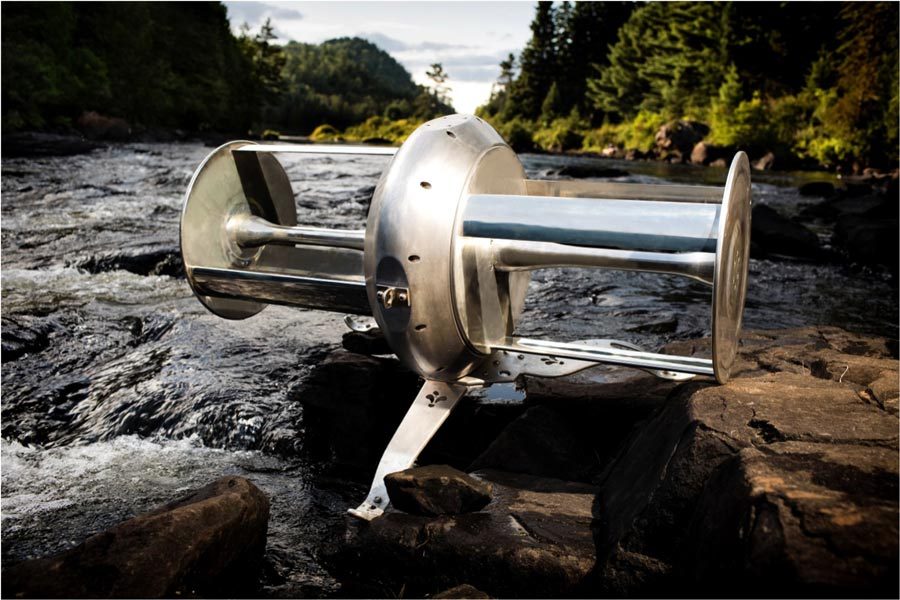 " >
" >
